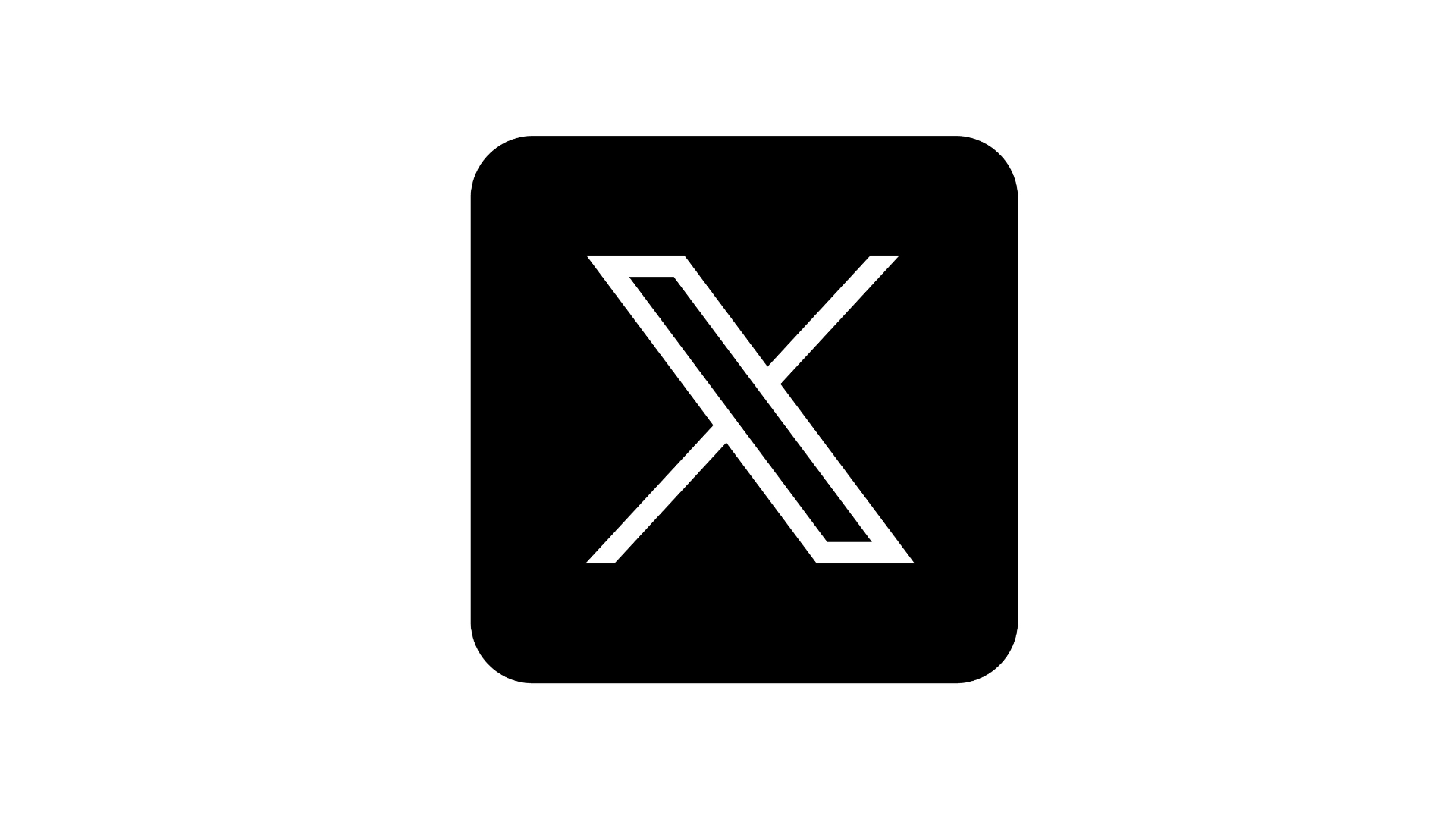The Schema of Unrelenting Standards
When the schema of Unrelenting Standards is activated within our personality system, we have the underlying belief that we must strive to meet an extremely high standard of behavior and performance that we’ve usually set for ourselves, to avoid some kind of internal or external criticism. This typically results in feelings of high pressure to achieve, or a difficulty with slowing down life, and a hyper-criticalness towards ourselves, others, and how life itself is supposed to be. This can also involve a significant impairment in our experience of pleasure, relaxation, physical and mental health, self esteem, our sense of accomplishment, or being comfortable in satisfying relationships. Unrelenting standards typically presents in our behaviour in a couple of different ways. First, as perfectionism, with an excessive amount of attention to detail, or an underestimation of how good our own performance is relative to the “norm.”
Second, it can present with extreme procrastination, mainly because there’s a fear in our system that we can’t reach the standards we have set for ourselves, so screw it, I just won’t do anything. This way, there’s no chance that we’ll get criticized for not reaching the standard we’ve set for ourselves and we avoid the emotional experience we tend to fear the most. In general, when this schema’s activated, we are dominated by our own internal Demanding Critic. Our thoughts are filled with rigid rules and “shoulds” as a constant presence in many different areas of life. In some cases, this can include unrealistically high moral, ethical, cultural, or religious principles, along with a preoccupation with time and efficiency and the driving need to accomplish and do more. It’s extremely rare that we can recognize the things we accomplish, and even if we do manage to see our success from time to time, our critics will judge it as not being enough.
“The high expectations I placed on myself, and others left me so afraid of living my life procrastination was my only defence.”
~Steven Morris RP
It’s often the case that people who procrastinate are labeled as lazy, or there’s a judgement that they don’t really want to make the changes that they say they do. For me, this is not the truth all the time, as most people who fall into this category are usually sitting in a fear-based personality system that’s activated by a fear of facing the things they want to do because of their own schema of unrelenting standards. Unrelenting Standards was not a primary schema for me. At the same time, I still had my stories around what I was supposed to achieve, and how I was supposed to achieve it, that had me constantly questioning my ability to make things happen. The fear of failing to reach this high standard that I was setting for myself, and what it meant about me as a person when I didn’t reach it, was the main reason I usually chose not to do anything at all.
This was true for me in many different situations in life. When I started any new project. I would begin with all the drive and vigor of a man possessed with the desire to succeed. However, as soon as things became difficult, I would go inside my mind, questioning my ability to do everything I was “expected” to do, and procrastination would set in. If you are someone who struggles with a schema of Unrelenting Standards, it can manifest in a number of different coping mechanisms. If you are like me, the fear of not reaching the standard you have set results in an avoidant behaviour intended to keep you safe from the guilt and shame associated with failure. For other people, it manifests in a drive to reach the unrelenting standard that has you have set for yourself, never stopping to take a breath. Constantly on the go, trying to cross every single “T” and dotting every single “I.”
This Perfectionistic Overcompensator usually leads to burnout of some kind, with angry outbursts, or complete withdrawal from social activity presenting as the common behavioural response. The schema of Unrelenting Standards is at the core of many of our problematic behaviours. However, this particular schema can be hidden deep beneath the surface. Learning how to spot the stories associated with this schema gives insight for the actions that can help derail the status quo. This requires a solid understanding of the DBT STOP skill to slow things down, and an ability to Check the Facts, and Take an Opposite Action to help manage the modes of behaviour that are activated in response. The Unrelenting Standards schema is driven by your own Internal Critics, in particular the Demanding Critic, so Planning Ahead to Build Mastery is essential for us to turn this Internal Critic into an effective Internal Coach.
The Schema of Unrelenting Standards Worksheet
Follow us on Social Media





